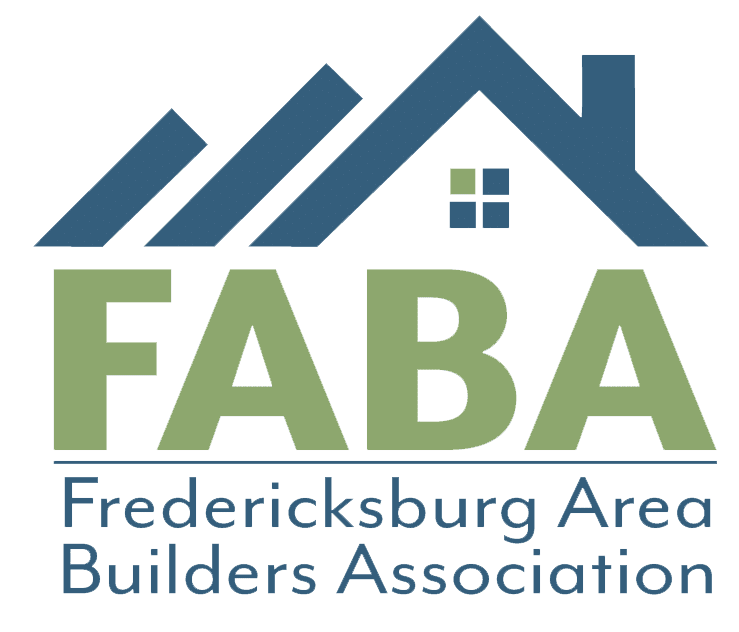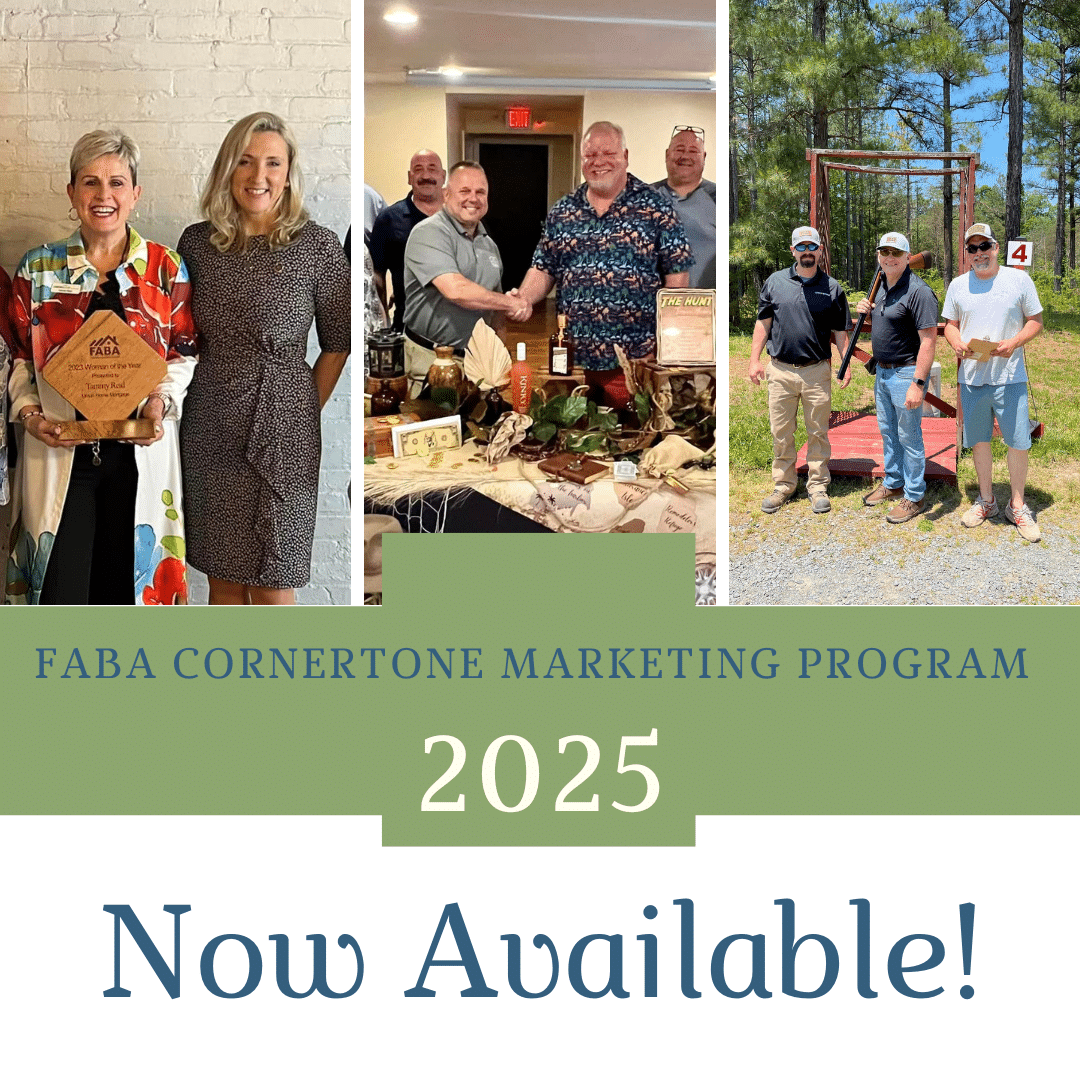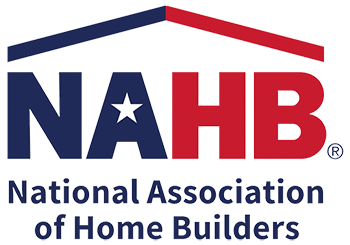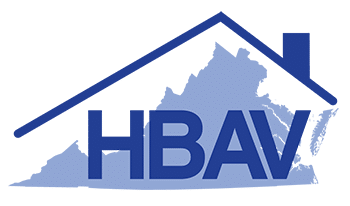
To help resolve lumber supply shortages and rein in elevated prices, NAHB Chairman Chuck Fowke today called on Congress to increase domestic lumber production from federal lands, both as a means to improve housing affordability and address the resilience of our national forests.
Appearing at a forum conducted by Republican members of the House Natural Resources Committee and GOP members of the House Western Caucus to discuss skyrocketing lumber prices, Fowke said that boosting domestic lumber production is just part of the solution.
“We also need to resolve the long-standing trade dispute with Canada over softwood lumber imports as well as solving supply chain and labor supply disruptions that continue to linger,” Fowke said.
Illustrating the unprecedented rapid rise in lumber prices over the past year that has added nearly $36,000 to the price of a new home, Fowke told lawmakers that lumber prices have increased more than 165% percent since April 2020. OSB prices are also up nearly 400%, and the Random Lengths Framing Composite Index price shot past the $1,500 barrier for the first time ever in May.
“For context, the previous high was $582 in 2018 and framing lumber typically trades around $425 per thousand board feet,” Fowke noted. “These historic price increases are dramatically raising home prices and rental costs and threaten the nation’s economic recovery.”
Lumber prices currently stand at elevated levels, though they have fallen in recent weeks. However, these recent price declines are not due to an increase in supply.
“We see it due to a slowdown in housing production, which should alarm everyone,” Fowke said. “In May, single-family starts fell 5.9% and that follows significant downward revisions to the April estimate and previous months’ readings.”
Regarding the nation’s federally owned forests, Fowke noted that timber harvests from the National Forest System averaged between 10 and 12 billion board feet for a 40-year period from the mid-1950s and then plunged precipitously to an average between 1.5 and 3.3 billion board feet per year starting in the mid-1990s due to bureaucratic red tape and litigation.
Over the course of three decades there has been a dramatic decline in timber production from our federally owned forests.
“We must strike a more appropriate balance in how we manage our national forests,” Fowke told lawmakers. “Doing so will restore the health of one of our great natural resources and offers the potential to reinvigorate the forestry industry while improving housing affordability. That’s a win-win-win in my book.”
For more on the lumber crisis, visit nahb.org.







